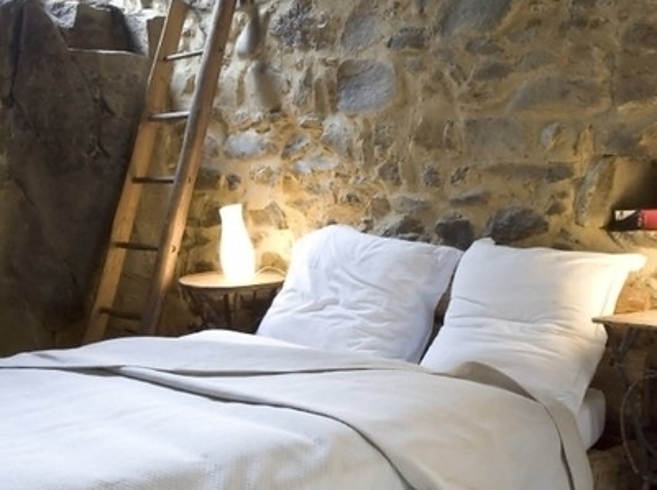
Using direct measures of brain function and structure, one study found it only took 30 minutes a day of meditation practice over the course of two weeks to produce a measurable change in the brain.Ĭut nearly 300 calories a day by doing something you already do Studies show it can help perfectionists stop judging themselves and can assist in the treatment of smoking, pain, addictive disorders and depression, among others. Meditation is a centuries-old method of calming the body and the mind. If your mind wanders, bring it back to your breath, happening in the here and now.” Stay in the moment, Santas said, by focusing on the sounds and sensations of your breath: “Direct all of your senses to follow the path of air in through your nose, down your throat, into your lungs and out again. “Strive for effortless inhales that are soft and soundless while treating your exhales like gentle, extended sighs of relief,” suggested CNN contributor Dana Santas, a certified strength and conditioning specialist and mind-body coach. Sleep apnea and snoring: 8 warning signs to look for The young woman is disturbed sleep from snoring husband sleeping nearby on bed in night time, then she used a pillow off the ears with a nuisance Adobe Stock Count to six again as you let the breath slowly escape. Start by taking a deep breath through your nose to a slow count of six, making sure that you can feel your stomach rise with your hand as it fills with air.

Diaphragmatic breathing, also known as belly breathing, focuses on relaxing the diaphragm, the main muscle of respiration. There are a number of deep breathing techniques you can try. “Consciously focusing on the breath can help you separate yourself from the darting thoughts that fly through your brain,” Robbins said. “Practice them, and you’ll get better and better at falling asleep, which is the holy grail, right? No one wants to spend time tossing and turning at night.”ĭeep breathing is a science-backed method of calming the body and mind that can be done easily before you get into bed and when you wake during the middle of the night.Ĭhanging the rhythm of your breath slows your heart rate, reduces blood pressure and stimulates the body’s parasympathetic “rest and digest” system, which can take worry and anxiety offline.

“Think of these relaxation exercises as tools in your tool kit for better sleep,” said sleep specialist Rebecca Robbins, an instructor in the division of sleep medicine for Harvard Medical School. Train your brain for better sleep with 3 expert tipsĭon’t fret, experts say: There are relaxation techniques you can use to calm that racing mind.


 0 kommentar(er)
0 kommentar(er)
